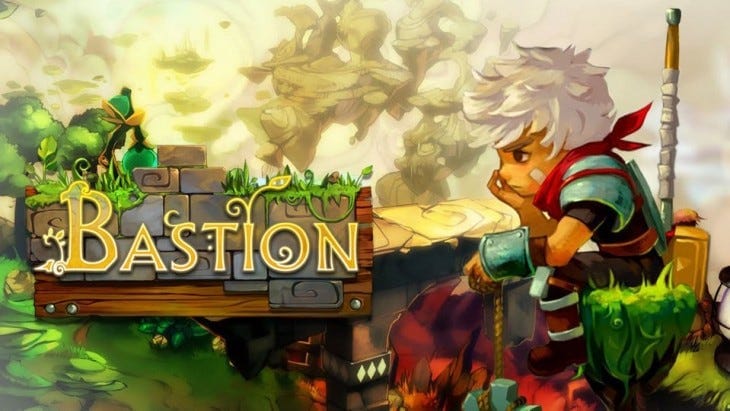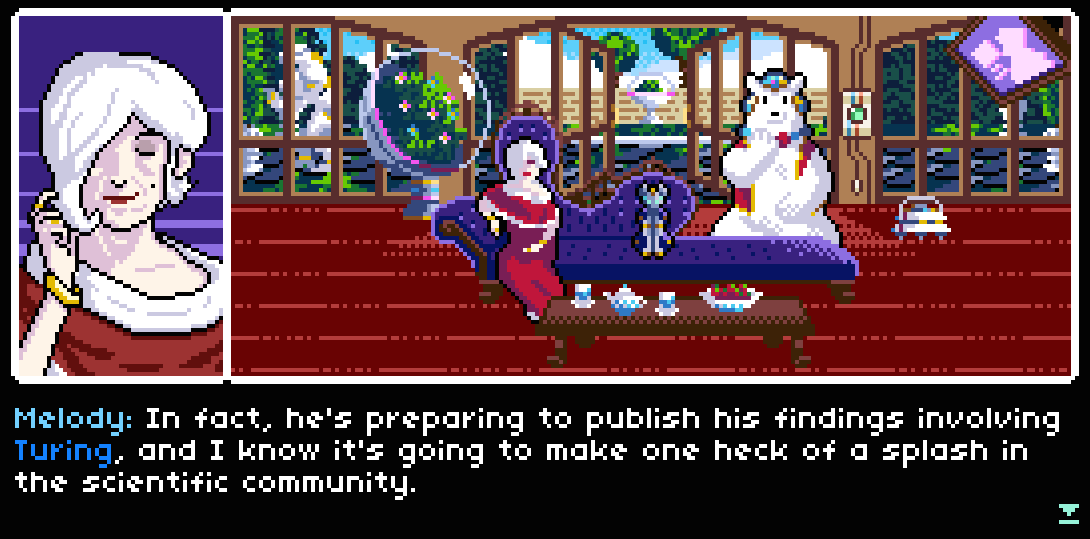
While many (myself included) have attributed the stifling of creativity in the Bay Area to the tech boom, some artists and whiz kids have been sinking their creative talons into the art of video games, often to amazing effect. Though many creatives have been pushed out of the region in recent years, there’s also been somewhat of an indie game renaissance happening right under our noses that we should start paying attention to.
Here’s just a small sample of Bay Area indie game developers who are redefining creativity in the digital age:
MidBoss
The Cyberpunk-tastic, ‘80s-chic trailer for MidBoss’s 2015 game Read Only Memories.
To call MidBoss merely a developer seems a bit insulting, considering all it has achieved. It’s more like a progressive LGBT activist group that just happens to make badass games.
In the four short years since its founding, MidBoss has both started GaymerX, a full-blown gaming convention that caters to the LGBT community and focuses on creating a safe space for gamers of all identities; and produced a feature-length documentary titled Gaming in Color, which showcases individuals in the LGBT community who have a passion for gaming and covers how video game developers and publishers are slowly including LGBT characters and themes into their games.
MidBoss has been able to do this on a grassroots level through the use of crowdfunding sites like Kickstarter. All this hard work has led up to MidBoss’s greatest achievement thus far: the release of its very own game Read Only Memories, a lighthearted-noir cyber-punk adventure game set in a future “Neo San Francisco.”
Black Shell Games
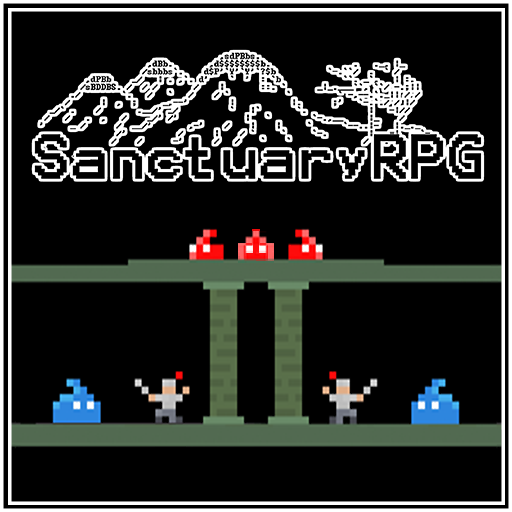
Since its founding in 2012, Black Shell Games has been dedicated to making games that testify to gaming’s 2-D roots — an era when fun and creativity were prioritized over graphical fidelity.
Its first game, SanctuaryRPG, is a 2-D roguelike dungeon crawler that received critical acclaim from pretty much every major gaming media site in the country for its addictive gameplay and humorous dialogue. Less than a year after the release of SanctuaryRPG, Black Shell followed up with Overture, an accessible dungeon crawler reminiscent of cartridge-era Nintendo titles like Zelda. If you’re a gamer with a taste for the old-school, you’re doing yourself a disservice by not checking out Black Shell Games’ quality titles.
Supergiant Games
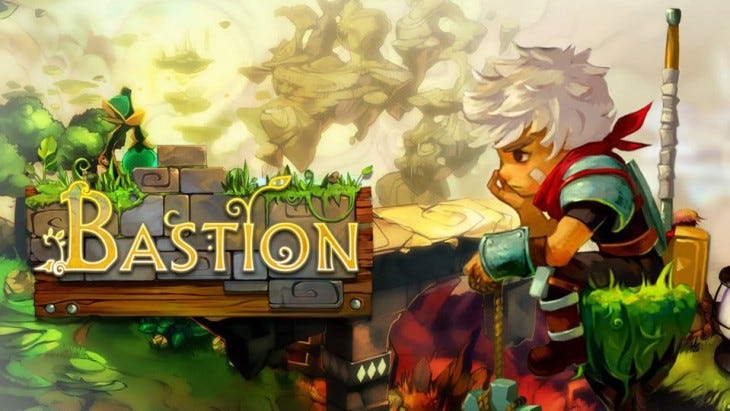
San Francisco’s Supergiant Games is a super giant success story. The company was founded in 2009 by Amir Rao and Gavin Simon, both dissatisfied employees of Electronic Arts who decided to quit their jobs at the mega-publisher and create their own studio. This risky career choice turned out to be the best decision they could have made; their first title, Bastion, ended up selling more than three million units across multiple platforms. It was among the best-selling Xbox Live Arcade titles in 2011 and a certified critical darling.
In 2014, Supergiant released its second game, Transistor, featuring an isometric camera angle and a gameplay style similar to Bastion’s. Hugely successful and well reviewed, Transistor didn’t end up achieving the same level of success as Bastion did, but it still sold at least a million copies.
This year Supergiant Games announced a new RPG titled Pyre. If their previous titles are any indication, this will be a game to look forward to.
Lazy 8 Studios
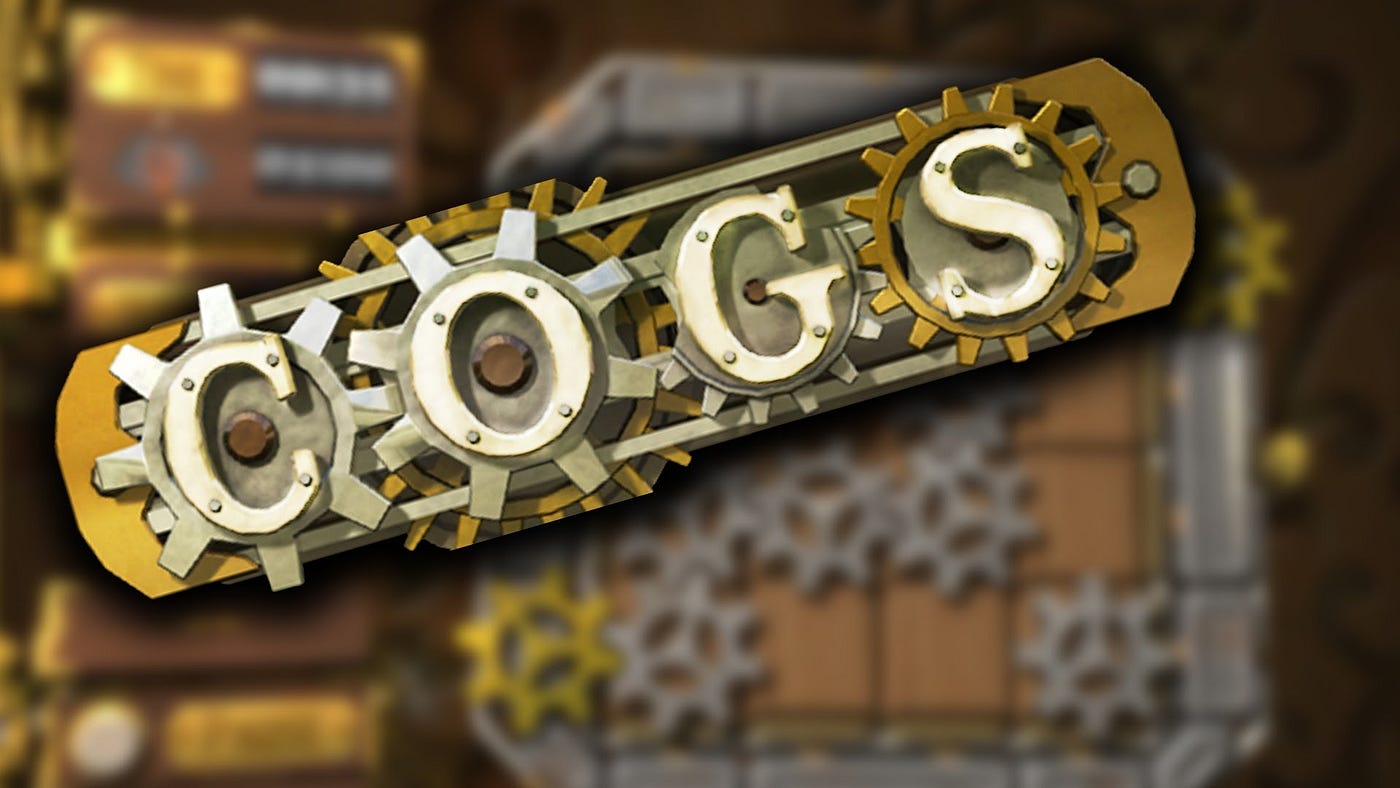
Lazy 8 Studios is an up-and-coming indie developer that has been inching closer to mainstream recognition since its founding in 2008. Its first release was 2009’s Cogs, a well-reviewed, award-winning puzzle game with a steampunk aesthetic. While initially PC exclusive, the game was ported to Playstation 3, bringing Lazy 8 Studios to the console audience.
The studio’s reputation for producing high-quality puzzle games attracted an offer from Irrational Games, the creators of the award-winning series BioShock. Lazy 8 produced a promotional preorder bonus tie-in game for the release of BioShock Infinite, titled BioShock Infinite: Industrial Revolution. The association with Irrational Games helped Lazy 8 Studios receive greater name recognition from a mainstream audience and the gaming press.
Its most recent project is the experimental free-to-play browser game Extrasolar. See if you can find the secrets of the expertly crafted alien world here.
Double Fine Productions
Teaser Trailer for Double Fine’s Broken Age, a 2014 adventure game following the parallel lives of a young girl growing up in a village and a young boy living on a spaceship.
Without question, Double Fine is the most famous independent studio on this list, and it’s not hard to see why. Its director, Tim Schafer has produced multiple classic titles, including the 1998 Day of the Dead–themed adventure game Grim Fandango (for LucasArts), as well as my personal favorite, 2005’s Psychonauts, a critically adored title that fans still play to this day.
Schafer left LucasArts in the late ’90s and created Double Fine with some of his colleagues in 2000. They started off modestly, reportedly working on the early stages of what would eventually become Psychonauts out of a former San Francisco shoe shop.
While critical success has come easy to Double Fine, sales have not. Psychonauts, despite receiving accolades and a cult following, underperformed commercially. In 2009 Double Fine released its second title, Brütal Legend, an adventure game that starred a roadie (voiced by Jack Black) fighting his way through a “heavy metal universe.” The game lingered in publisher limbo before finally landing a deal with EA. But despite mostly positive reviews, it had only lukewarm sales, resulting in the Brütal Legend sequel being dropped by EA.
Today Double Fine, like so many other indie studios, utilizes crowdfunding to circumvent the financial difficulties and creative constraints associated with major publishers. Thus far, it’s been a successful creative model for the company. Thanks to crowdfunding, Psychonauts is finally getting a sequel, and if that goes well, there may be hope for a Brütal Legend sequel. Though without a big publisher, one wonders if they’ll be able to get Jack Black back to do the voice of the main character.
Did we miss your favorite studio? Throw down in the comments.




